Carol Kirsch relished her demanding position as a sales trainer for Kaiser Permanente in Oakland. But a couple of years ago, a good friend told Kirsch she just wasn’t performing up to par. She was missing deadlines. And she’d forget meetings, so co-workers would have to come fetch her.
When the colleague confronted her, Kirsch said, “I was devastated, but I knew it was true.”
After undergoing extensive testing at Stanford University Hospital, Kirsch was diagnosed with early stage Alzheimer’s disease. She was 57.
Kirsch is among the 5 percent to 10 percent of individuals with early onset Alzheimer’s, those who develop symptoms before the age of 65. And she is one of the growing number who are being diagnosed at an early stage of the disease.
“This is a sea change. More and more people are getting diagnosed early in the disease,” said Dr. Debra Cherry, executive vice president for the Alzheimer’s Association’s California Southland Chapter. “Our image of Alzheimer’s is of your grandmother, but this is not your grandmother’s Alzheimer’s. The association has a whole new population to embrace.”
A progressive disease that gradually impairs brain function, Alzheimer’s affects 4.5 million Americans and an estimated 450,000 Californians. One in 10 people older than 65 and half of those older than 85 have the disease. Last year, the Los Angeles County Department of Public Health reported that Alzheimer’s had, for the first time, emerged as one of the top 10 causes of death in the county.
According the National Institute on Aging, about 2.2 million people are in the early stages of the disease. This number is expected to grow as Americans live longer and diagnostic techniques continue to improve.
Last fall, the Southern California Alzheimer’s Association convened its first conference geared to those with early stage disease, in partnership with USC and the Alzheimer Disease Center at UCLA. Held at the Skirball Cultural Center, “Living Our Lives, Planning Our Futures” drew a sell-out capacity of nearly 350, and will serve as a springboard for future programming.
The event was organized by two Los Angeles-area residents, Richard Bozanich, 50, a former journalist, and Jay Smith, 69, a retired architect, who met at an early memory loss support group.
“The Alzheimer’s Association began as a grass-roots effort by caregivers, and most programs are geared toward caregivers or professionals,” Bozanich said. “We wanted to put on a conference by and for people with early memory loss. This was an opportunity for us to speak in our own voices, not to be spoken for.”
Smith added : “We wanted people to know: I’m not alone. There are others like me. There are places I can go and things I can do.”
Kirsch traveled with her husband from Oakland to attend the conference, and spoke on a panel about living and coping with memory loss. When she was initially diagnosed, she said, “For a long time, we cried. But my attitude now is to make the most of every day.”
She sings in a chorus, works with a writing coach and travels extensively.
“It’s good for others to see people like me who are still active and able to do the things I like to do,” Kirsch said. “When people who don’t have any contact with the disease hear ‘Alzheimer’s,’ I think they envision people who are drooling and who aren’t able to speak. One of the reasons I’m willing to put myself out there is to show that’s just not the case.”
Cherry, the Alzheimer’s Association’s vice president, said that progress of the disease varies for each person.
“We can’t say definitively what to expect,” she said. “A person with an Alzheimer’s diagnosis can live for two to 20 years, and can be in the early stages for a very varied length of time.”
Conference co-chair Bozanich said that medication has improved his life and enabled him to perform routine tasks without problems, although he uses a cane for balance. He and Smith both drive, attend meetings, and have traveled to Washington, D.C., to educate legislators about the disease. Both have been appointed to the national Alzheimer’s Association work group on early stage disease.
“Alzheimer’s used to be a silent epidemic,” said Peter Braun, Alzheimer’s Association Southland Chapter executive director. “Now the face of the disease is changing, and our services need to reflect a new paradigm. It’s going to require our national will to address this issue because Alzheimer’s is the epidemic of the 21st century.”
For the Alzheimer’s Association’s round-the-clock helpline, call (800) 272-3900.







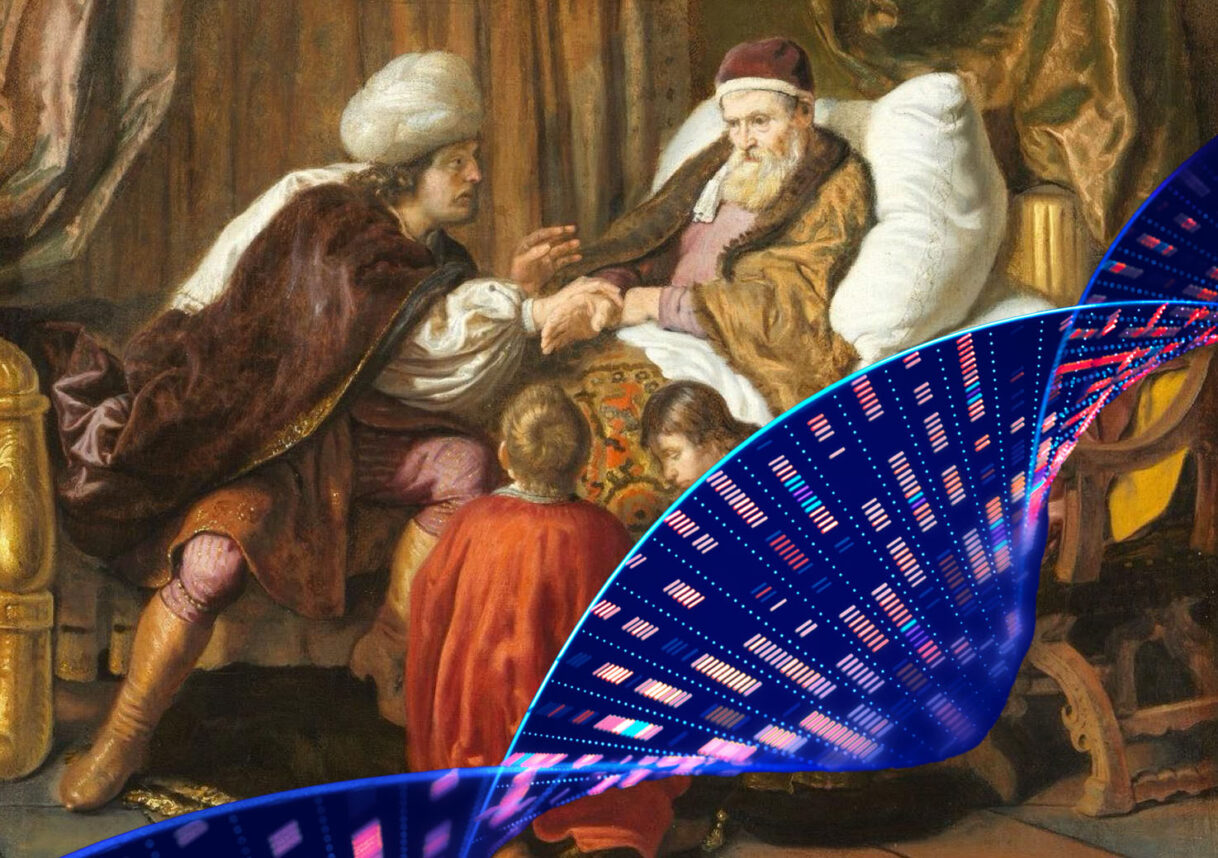
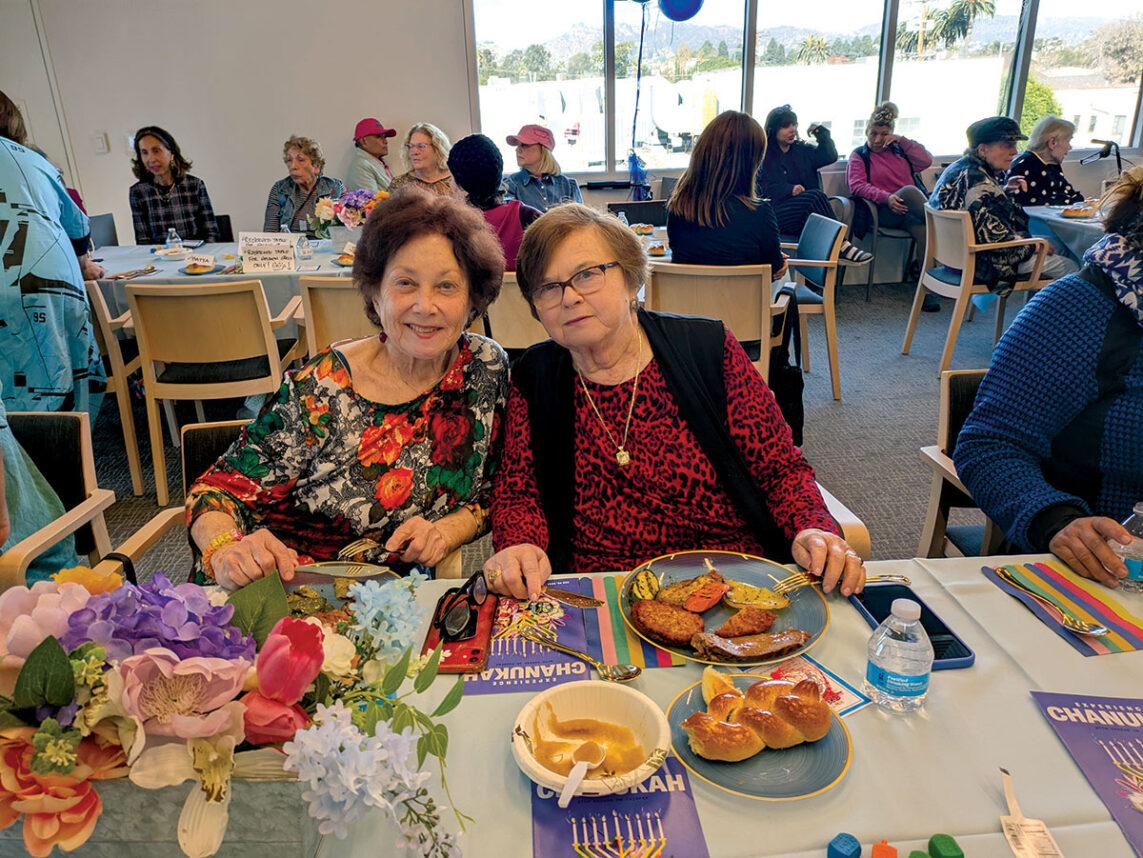

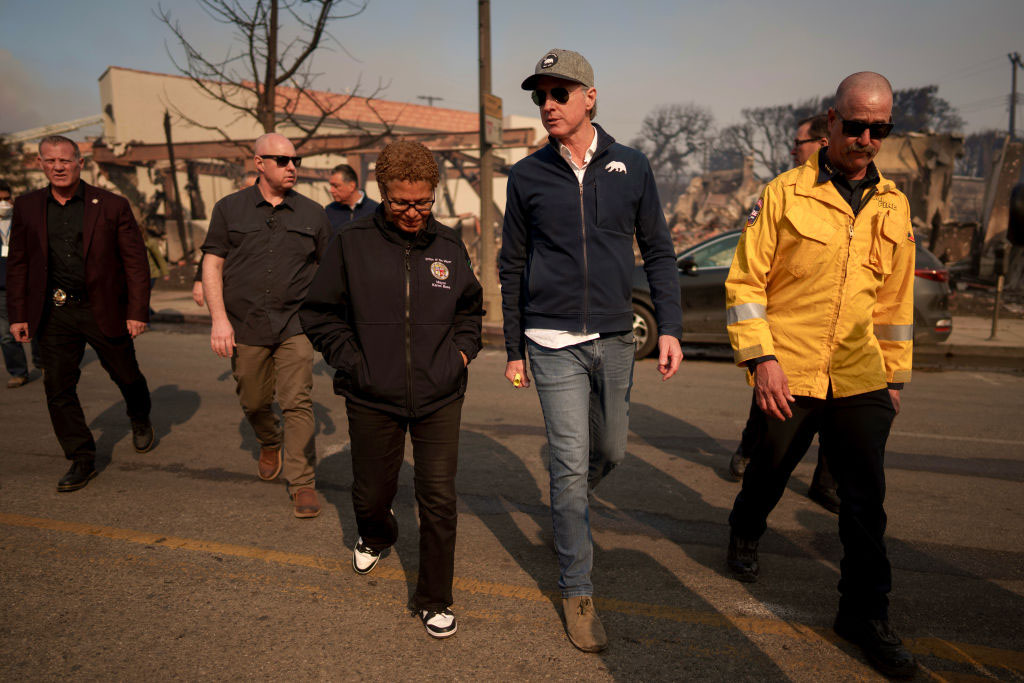
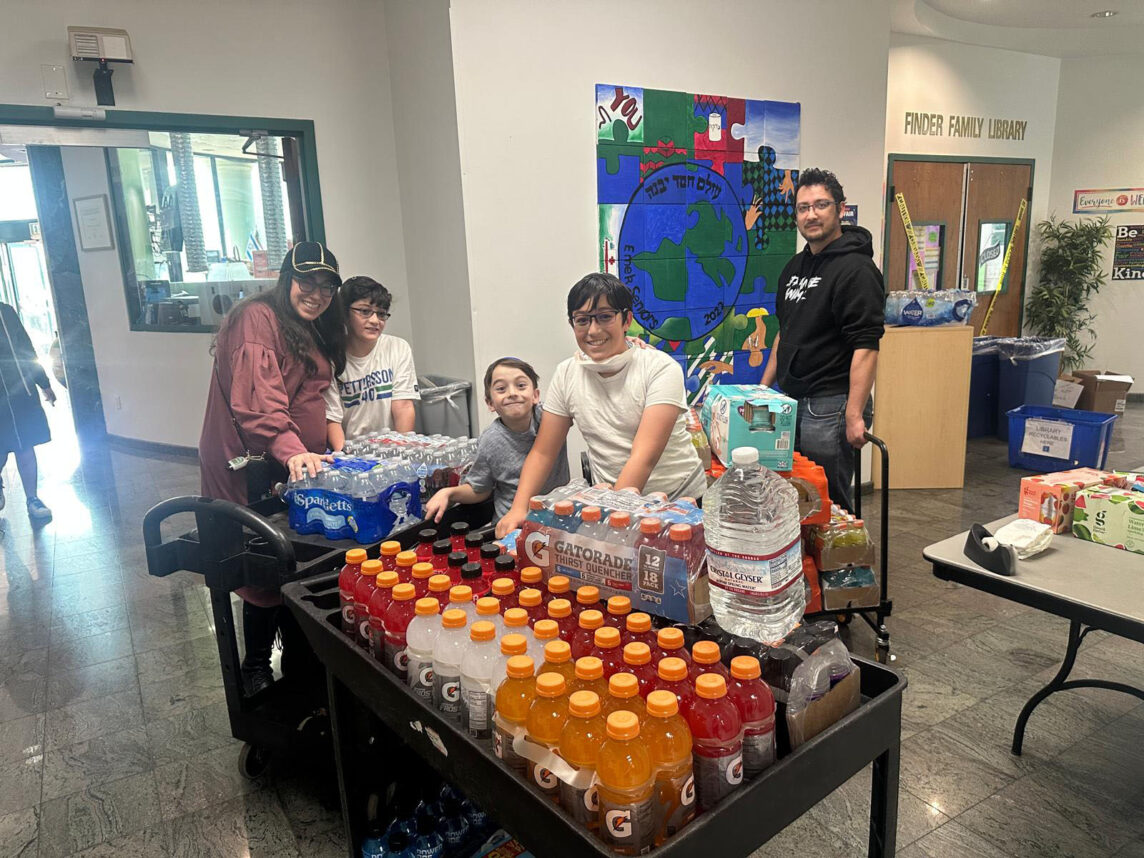
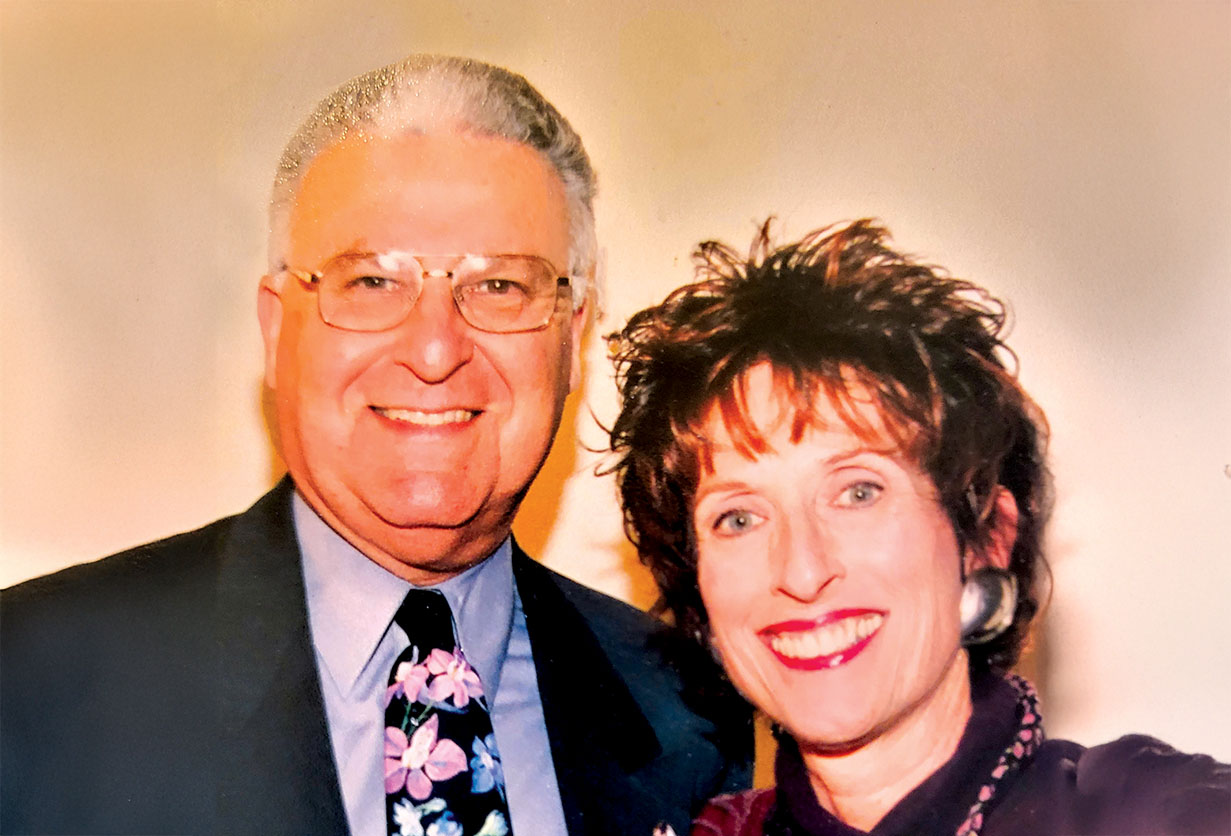
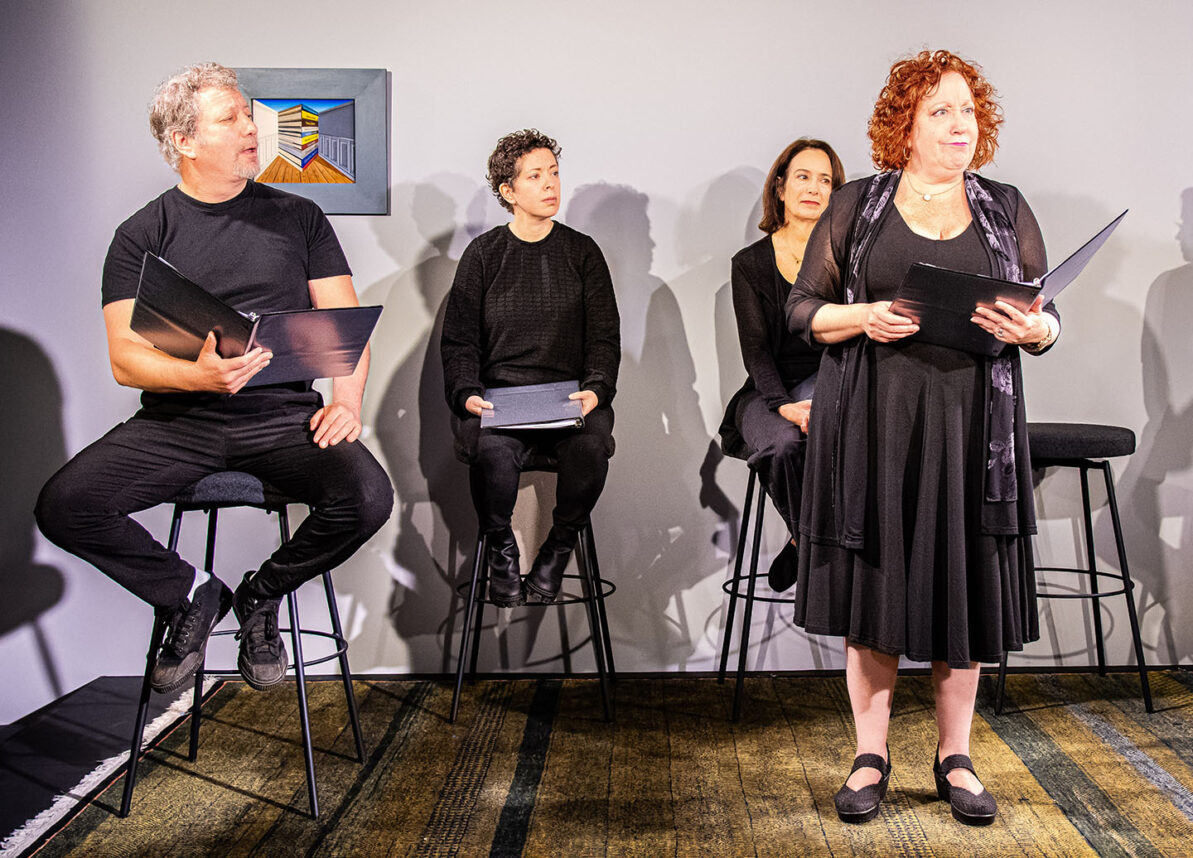
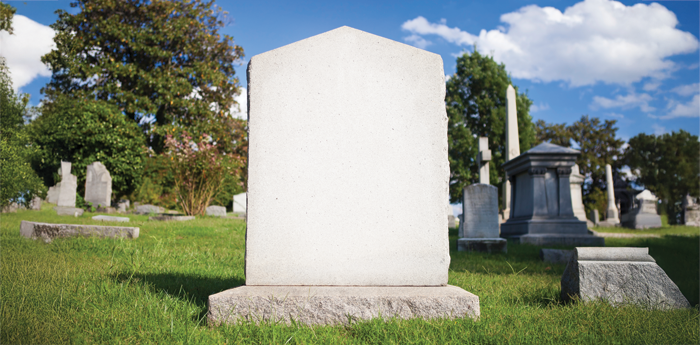
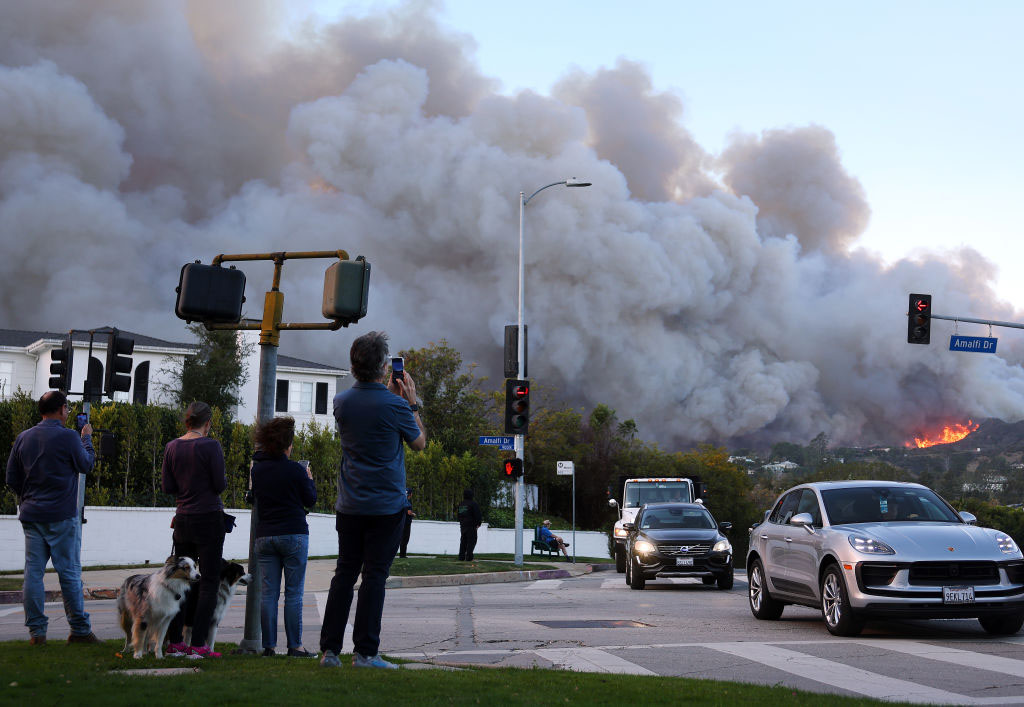



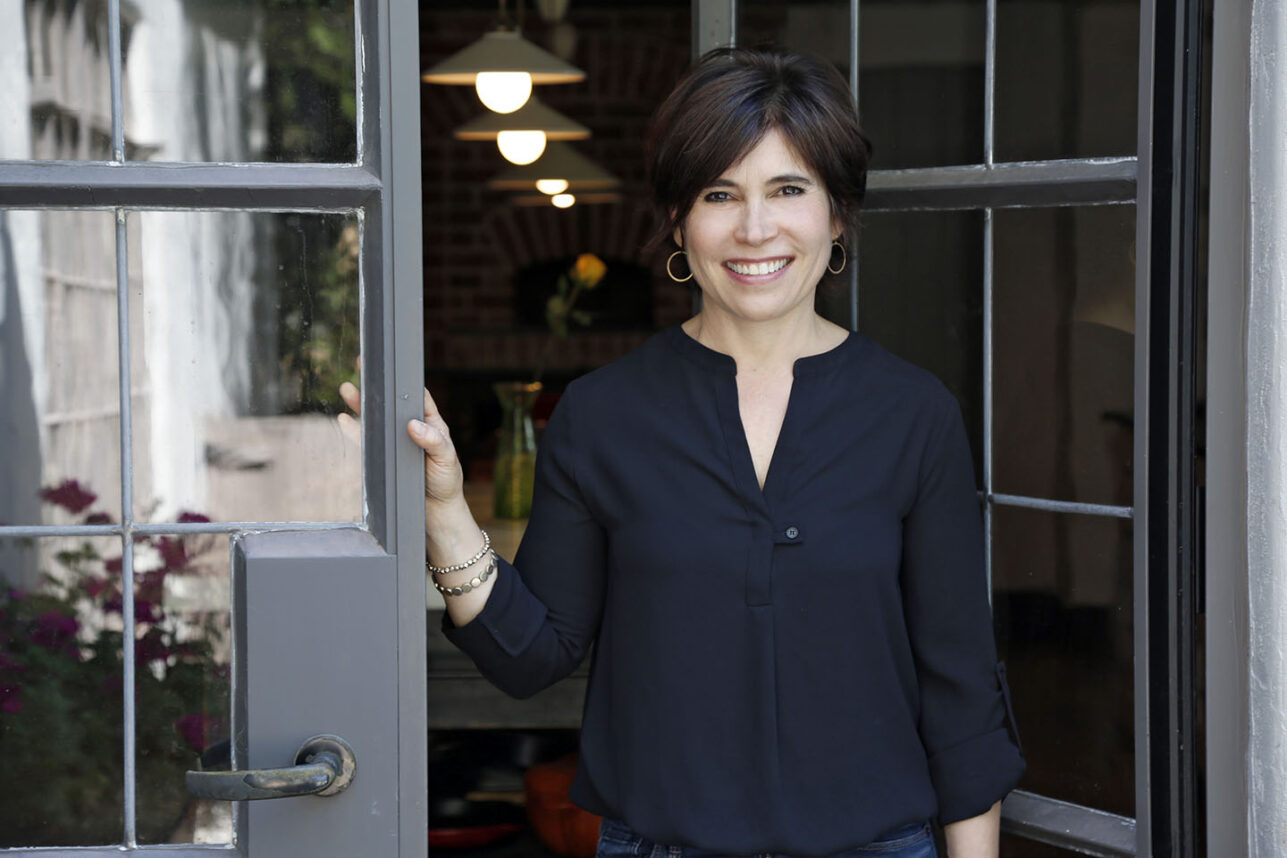


 More news and opinions than at a Shabbat dinner, right in your inbox.
More news and opinions than at a Shabbat dinner, right in your inbox.